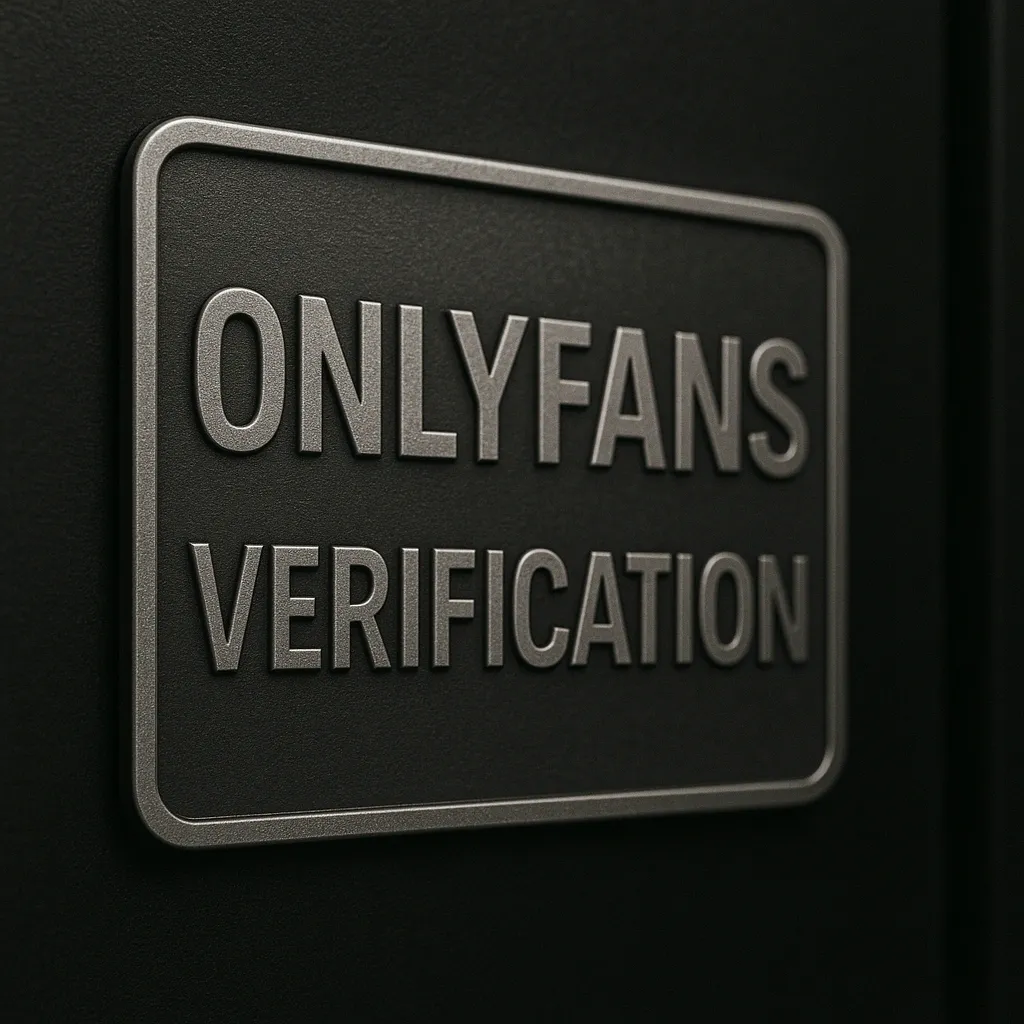
Verification More Challenging on OnlyFans Than Crypto
Verification processes are essential gatekeepers in both cryptocurrency exchanges and adult content platforms like OnlyFans, yet users frequently find OnlyFans’ identity checks far more challenging and frustrating. Although both platforms enforce stringent Know Your Customer (KYC) and anti-money laundering (AML) regulations, the unique nature of OnlyFans’ business introduces additional layers of complexity that make the verification process significantly more difficult.
At its core, verification is about confirming a user’s identity to prevent fraud, underage access, and illicit activities. For cryptocurrency exchanges, this involves submitting government-issued identification to prove legal identity and residence. Most exchanges require a government ID, a selfie, and possibly proof of address, enabling compliance with financial laws aimed at stopping money laundering and terrorism financing.
OnlyFans, a subscription-based adult content site, requires similar verification documents but includes further steps rooted in content regulation, legal liabilities, and user safety. The platform mandates detailed identity verification to ensure creators are legally aged 18 or over, which is critical to prevent minors from posting or viewing adult content. Furthermore, users must submit selfies holding their ID to prove physical authenticity, reducing risks of identity fraud and impersonation.
The verification process on OnlyFans often subjects applicants to repeated rejections, unclear explanations, and extended wait times. Unlike crypto exchanges where verification criteria and turnaround times tend to be fairly standard and transparent, OnlyFans’ review is sometimes manual and influenced by external content moderation policies. Such actions create additional friction and a perception of inconsistency.
Moreover, OnlyFans’ verification is tightly bound to content ownership and copyright concerns. Creators must certify their exclusive rights to material posted, and any content involving multiple parties requires all parties to verify identity and consent. This complexity is absent in crypto exchange verification, which focuses solely on financial compliance.
Security concerns about OnlyFans also necessitate more rigorous screening. The sensitive nature of adult content elevates demands for verifying user legitimacy to avoid exploiting creators, such as through scams or underage involvement. Consequently, the verification system not only protects the platform but also its community, aiming to foster trust and legality.
On the other hand, crypto exchanges deal primarily with financial assets, where robust identity verification is necessary for regulatory compliance, but the underlying content or user interaction does not require additional safeguarding. Exchanges can consequently adopt automated systems that quickly confirm identity and flag financial risks.
Additionally, OnlyFans works with third-party verification providers that apply various algorithms and manual checks to balance anti-fraud measures with user accessibility. This process, which is sometimes layered and opaque, is not the same as the clear crypto KYC frameworks that have developed over years of regulatory guidance.
While crypto exchanges benefit from growing regulatory clarity in many jurisdictions, OnlyFans navigates evolving adult content regulation, which varies dramatically by country, complicating global verification standards. The platform must therefore exercise caution, leading to more conservative and stringent checks.
Ultimately, the heightened difficulty in OnlyFans verification stems from the intersection of stringent age restrictions, content ownership laws, platform safety, and variable regulatory environments. These multifaceted requirements inevitably produce a more arduous verification journey than the predominantly financial KYC processes in crypto exchanges.
For users and creators eager to begin monetising their content on OnlyFans, understanding these verification nuances is essential. Preparing clear, high-quality ID photos, accurately completing profile information, and exhibiting patience during review can help speed approval.
In summary, verification is critical to safeguarding users and platforms alike, but OnlyFans’ unique content focus imposes stricter and more complex requirements. By contrast, crypto exchanges maintain more streamlined, financially focused identity checks, making their process relatively easier. Both industries aim for secure, compliant environments, yet users must navigate distinct verification journeys shaped by their platform’s nature and risks.
Stay on top of any cryptocurrency news by following us on X @ouinex